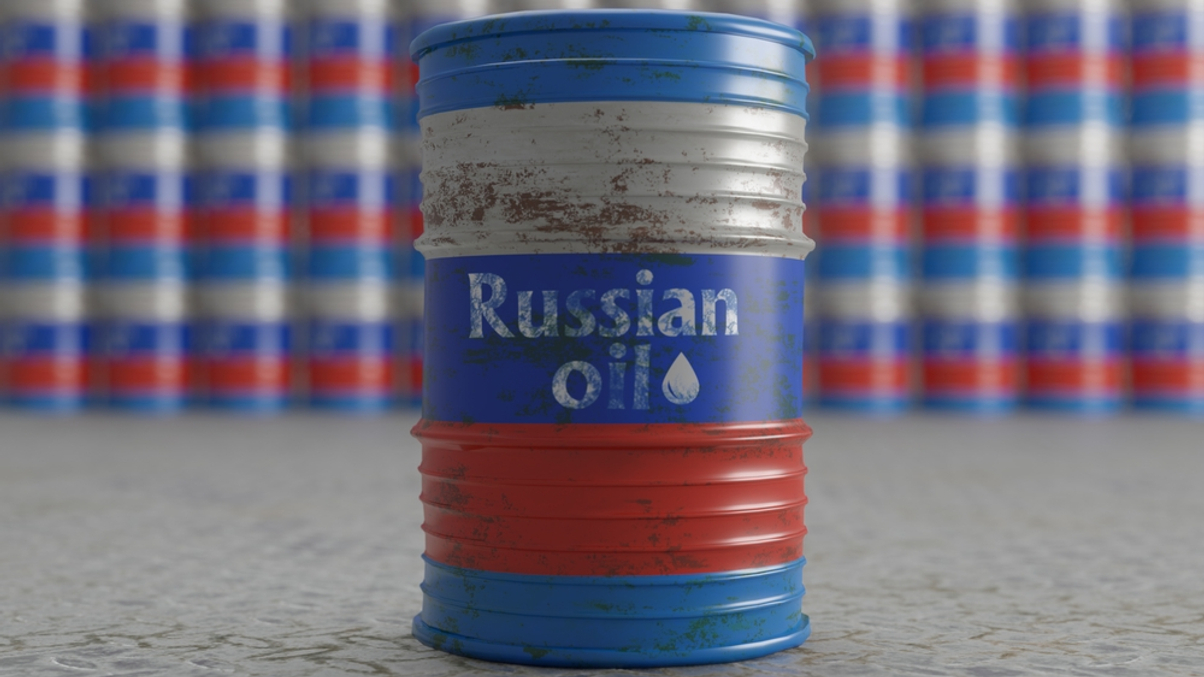Market Views: How will G7 sanctions against Russia affect commodities?
G7 leaders have committed to indefinite support for Ukraine in its defence against Russia’s invasion in addition to a fresh round of sanctions on Russian oil and gold.

Since the beginning of Russia’s war on Ukraine, the commodity markets have experienced high volatility due to the impact of sanctions on exports.
Sign in to read on!
Registered users get 2 free articles in 30 days.
Subscribers have full unlimited access to AsianInvestor
Not signed up? New users get 2 free articles per month, plus a 7-day unlimited free trial.
¬ Haymarket Media Limited. All rights reserved.


